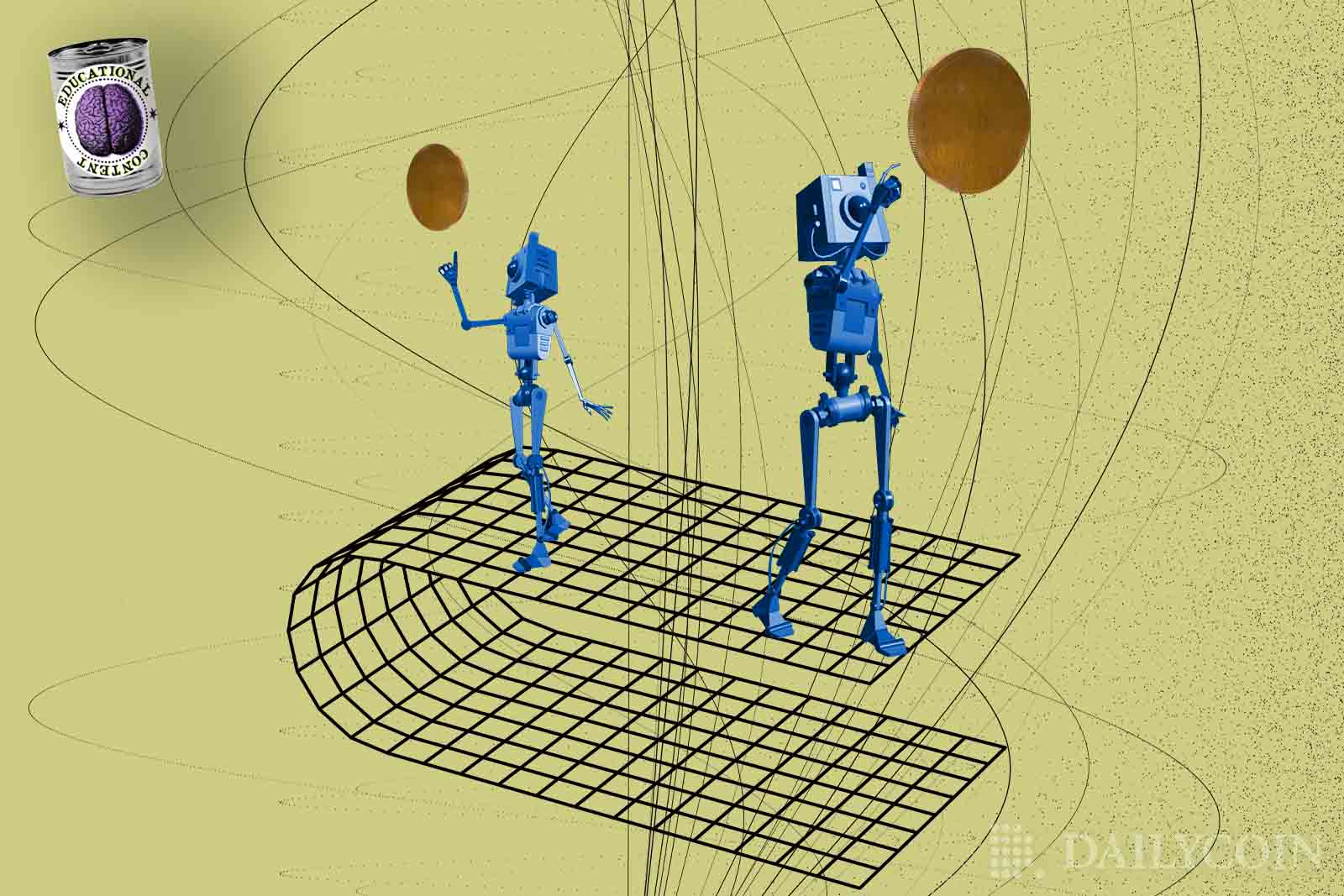
From the world of cryptocurrencies and NFTs, social tokens have emerged. And because of their relevance to web 3.0, social tokens are considered to be the next big thing on the blockchain.
Closely related to the social tokens are governance tokens, which give voting powers to a certain number of people that can decide how things should work in a decentralized protocol. With a good understanding of how a social token works, you can enjoy the best of both worlds by optimizing the many lucrative features of social tokens.
What Are Social Tokens?
A social token is a unique type of cryptocurrency that can be used as a form of digital ownership for a brand, community, or personal audience.
Sponsored
Social tokens are secured by the blockchain, and they operate in the same way that NFTs do. However, the major difference between the two is that NFTs are used for tokenizing digital assets, while social tokens are used to monetize content creation or community leadership.
Instead of simply using websites, mobile applications, and social media platforms to sell your brand or grow a community, you can use social tokens to do it in a better way, while commercializing your content without the typical restrictions associated with the centralized web 2.0.
Understanding Social Tokens and Their Role in Web 3.0
It is no longer news that the latest web iteration is responsible for the decentralization of the internet, and while it is more favorable to the creator economy, one of the best ways users can benefit from it is through the use of social tokens.
That said, to have a full grasp of the relationship between web 3.0 and social tokens, you need to get a clear picture of what social tokens can do. For example, if a social media influencer decides to create some kind of online community from their large number of followers, they can use social tokens to give people membership in that community.
Keep in mind that this influencer’s special community consisting of the social token holders will enjoy exclusive benefits such as special access to things that are not available to others who are merely social media followers.
As such, the more social tokens this influencer sells, the more money they will make as the community continues to grow. Building on this example, you can see that social tokens completely personalize the entire concept of web 3.0, as it eliminates the centralization enjoyed by tech giants.
Unlike the read-write-share nature of web 2.0, where people could only consume and share data between sites with all the data owned by big tech companies, web 3.0 is completely different.
Driven by artificial intelligence and machine learning, web 3.0 is highly decentralized. And it uses blockchain technology to give users power over their own content so that they can do whatever they like with it.
Social tokens play a significant role in web 3.0 as it ensures that you, as a creator on the web, can commercialize your content and do not lose its ownership to the custody of big tech companies. With social tokens, your content will not be tampered with, as blockchain technology effectively encrypts your data.
If the above scenario were to take place on web 2.0, the social media influencer would have had to share the revenue from content publication with the tech company, which often plays the role of data custodian. Additionally, the influencer would not have total control of their community because it could get suspended at any time.
However, with the introduction of the third-generation internet and the use of social tokens, content creators enjoy all financial rewards, alongside the ability to operate freely and independently.
What Types of Social Tokens Are There and How Do They Work?
Basically, there are two types of social tokens — personal tokens and community tokens.
Personal tokens, also known as creator tokens, are minted by individuals that create value and have skills to sell. When people buy personal tokens, they can exchange them for whatever the seller has to offer. Usually, people that sell personal tokens are artists, entrepreneurs, and public figures.
Community tokens, on the other hand, are made for people who want to gain access to a special community on the internet. Keeping that in mind, the social media influencer who created an online community via his social media audience will sell community tokens to followers that may be interested in joining their special closed groups.
Community tokens work like membership cards in the real world, with the main difference being that they are secured on the blockchain and operate with third-generation technology.
Many content creators have realized how much they can make from tokenizing their brands, and this explains the massive growth of social tokens.
One powerful feature of both types of social tokens is their ability to appreciate value. This implies that after personal or community social tokens are sold, they can grow in value with respect to how their respective brands are growing.
Also, if a person who buys a social token decides to sell it to someone else for any reason, the brand owner can decide to get a percentage of every resale of their token. Of course, this stipulation will be made before the social tokens are sold in the first place. This is an example of just how promising this aspect of web 3.0 can be.
Social Tokens Vs. Governance Tokens
Both social and governance tokens are secured by the blockchain and share a lot of similarities, so much that some people even argue that they are interchangeable — but this is not true. While social tokens are built around the principle of digital ownership, governance tokens are more about power and hierarchy.
Personal and community token sellers are basically focused on the value that their token holders will get, and hierarchy among these holders does not matter to them as in the case of governance tokens.
Governance tokens, on the other hand, are solely built for the purpose of bestowing decision-making power to holders who operate within a blockchain protocol.
For better context, the blockchain voting system in a decentralized protocol allows only governance token holders to make decisions that determine the direction of the protocol’s future. The more tokens a holder has, the more powerful they become in the voting system.
In the world of decentralized finance, most people are saying that governance tokens provide some sort of ownership. And while this is not exactly true, it definitely makes holders unequal.
Social tokens, on the contrary, do not grant such power to any individual or group; they are basically sold for value or access. So both governance and social tokens have their unique importance in the different ways in which they are needed on the blockchain.
Investing in governance tokens can be quite risky, and it is not all about power. There is the risk of governance communication, proportional distribution, and trading of government tokens.
Governance tokens are more complex in nature, but social tokens are not difficult to handle as long as you have enough value on the internet that people are willing to buy your tokens.
Benefits of Social Tokens
- They are an enhanced form of rewarding the creators of content that others find valuable. So if you are funny, can teach a skill, or know how to keep people engaged, selling social tokens can give you financial rewards.
- Social tokens will be the strongest connector between creators and consumers with the growth of web 3.0.
- Social tokens are very safe. They are protected by the blockchain so no one can carry out fraudulent activities.
- You can still make money from resales if other people decide to sell your tokens to their own buyers.
Gone are the days when people stayed glued to the internet to just consume information from site to site. Now, irrespective of who you are and what you do, your creativity and social media posts can make you “smile to the bank.”
More and more communities are opening up to social tokens, and we may just see an even bigger trend emerge than cryptocurrencies or NFTs.
